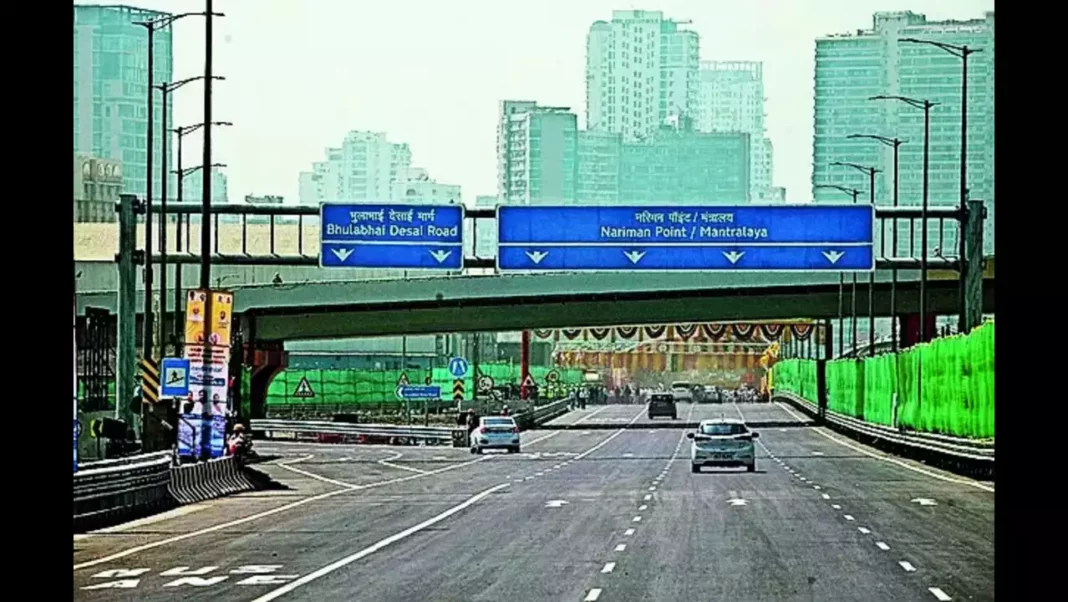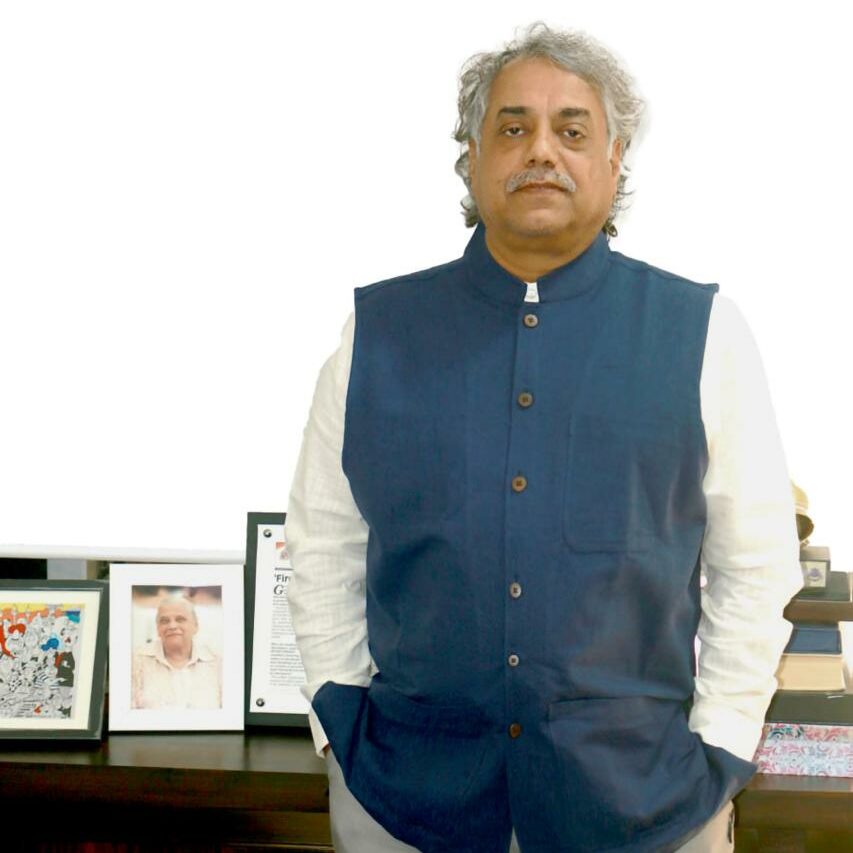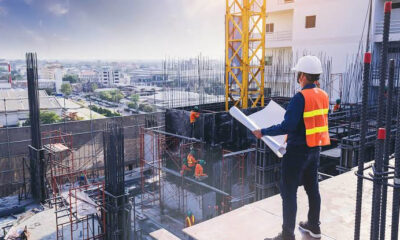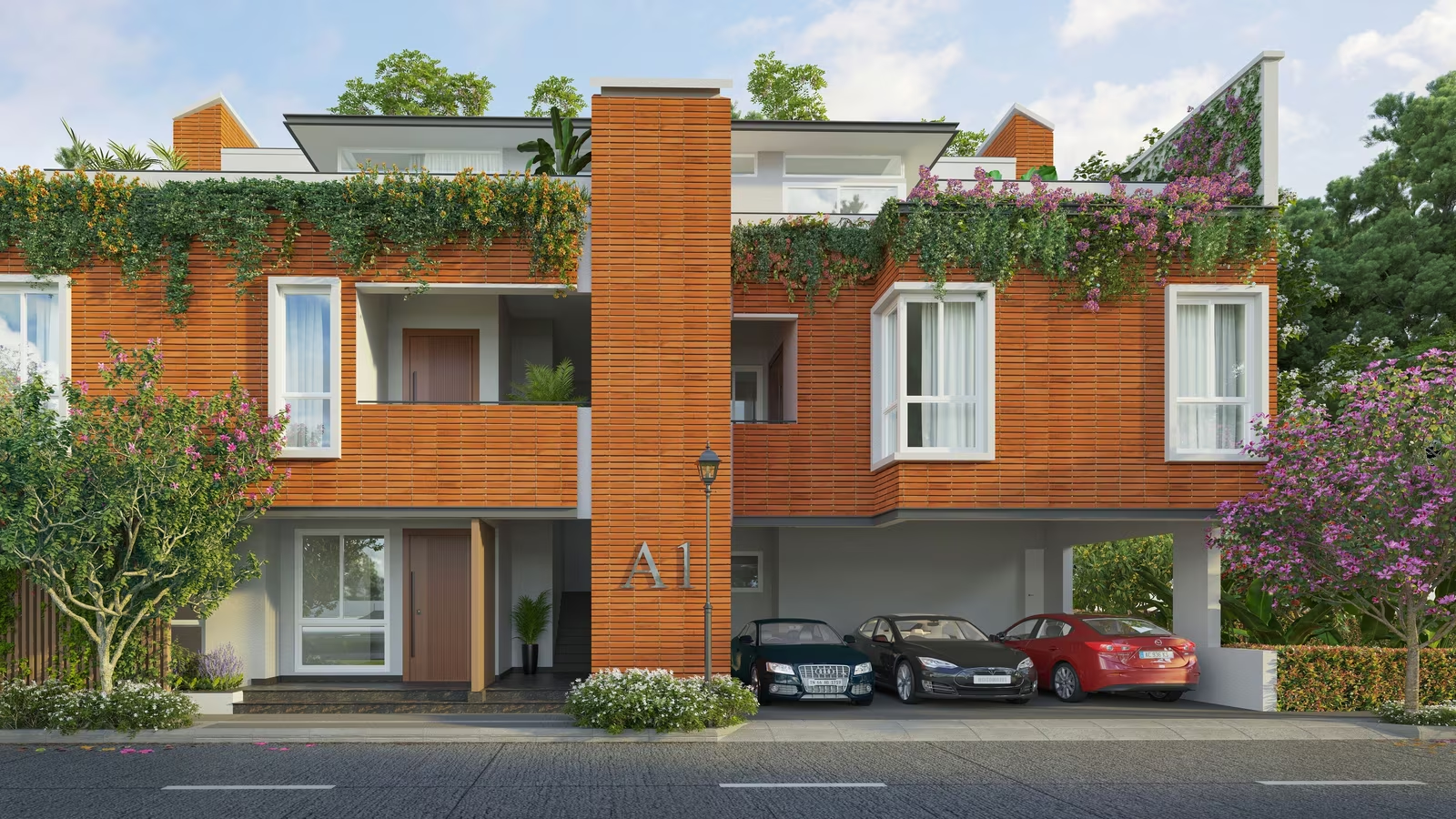News
How Premium Paid by Builders for Fungible FSI is Fueling Mumbai’s Infra Development?




By: Domnic Romell
President, CREDAI-MCHI
Mumbai, March 19, 2024: Mumbai, the bustling financial hub of India, is a city that embodies contrasts. Amidst its soaring skyscrapers, the city’s infrastructure faces constant challenges to keep pace with its ever-expanding population and rapid urbanization. However, a significant player in bridging this gap between development and infrastructure lies within the realm of real estate, particularly through the mechanism of the Fungible Floor Space Index (FSI) and the associated premiums.
In Mumbai, where land comes at a premium, FSI dictates the extent of construction allowed on a plot. It represents the ratio of a building’s total floor area to the plot area it occupies. To promote structured development and raise funds for vital infrastructure projects, the concept of Fungible FSI was introduced. This mechanism permits builders to utilize additional built-up areas beyond the base FSI by paying a premium to the municipal corporation. This surplus FSI can then be utilized for extra rooms, balconies, or amenities, optimizing land usage efficiently.
The premiums paid by builders for fungible FSI are pivotal in fueling Mumbai’s infrastructure development. These funds serve as a significant revenue stream for the municipal corporation, which channels them into various infrastructure projects aimed at enhancing the city’s transportation, sewage systems, water supply, and other essential services.
One of the standout examples of infrastructure development funded through fungible FSI premiums is the recently inaugurated coastal road in Mumbai. This ambitious project, spanning 29 kilometers along the city’s western coastline, aims to alleviate traffic congestion and provide swifter connectivity. The coastal road project is set to revolutionize Mumbai’s transportation landscape, reducing travel times and elevating residents’ quality of life.
Beyond financial contributions, the real estate sector emerges as one of Mumbai’s largest employment generators. The demand for housing in the city has propelled developers to maximize land utilization through Fungible FSI, creating not only housing solutions but also driving urban infrastructure development. This symbiotic relationship between real estate and infrastructure fosters holistic city growth, benefitting residents and businesses alike.
Acknowledging the government’s role in optimizing revenue collections from the real estate sector and directing them toward critical infrastructure, it’s essential to note the importance of collaboration with industry stakeholders. Organizations like CREDAI-MCHI (Confederation of Real Estate Developers’ Associations of India – Maharashtra Chamber of Housing Industry) represent the collective voice of real estate developers. They play a crucial role in ensuring the transparent utilization of funds and advocating for initiatives that promote sustainable urban development.
There is a growing hope that organizations like CREDAI-MCHI will be integrated as stakeholders in major public initiatives. After all, the funds contributing to projects like the coastal road stem from premiums paid by real estate developers, which are represented by organizations like CREDAI-MCHI. Such collaborations can foster a conducive environment for the real estate sector to flourish, leading to holistic city growth and further enhancing Mumbai’s infrastructure landscape. As the government continues to roll out promotional initiatives, it’s anticipated that the real estate sector will play an increasingly pivotal role in Mumbai’s holistic development journey.
-



 News4 weeks ago
News4 weeks agoKW Delhi 6 Mall Onboards New Brands
-



 News4 weeks ago
News4 weeks agoManasum Senior Living Launches IKIGAI GOA, A Senior Living Community in North Goa, in collaboration with Prescon Homes
-



 News4 weeks ago
News4 weeks agoBridging India Divide: Top 5 Tier- 2 Cities to Focus On
-



 News4 weeks ago
News4 weeks agoCommercial Realty Gets Tech Savvy: Fast Construction, Enhanced Convenience
-



 News3 weeks ago
News3 weeks agoGodrej Properties Sells Rs 3k cr+ Homes of Godrej Zenith, Gurugram, within 3 days
-



 News4 weeks ago
News4 weeks agoMultipoint Connection – A Definite Boon
-



 News3 weeks ago
News3 weeks agoRBI’s Status Quo on Key Policy Rates to Help Maintain the Real Estate Growth Momentum, Say Industry Stalwarts
-



 News2 weeks ago
News2 weeks agoOlive Announces Dhruv Kalro as Co-Founder
















